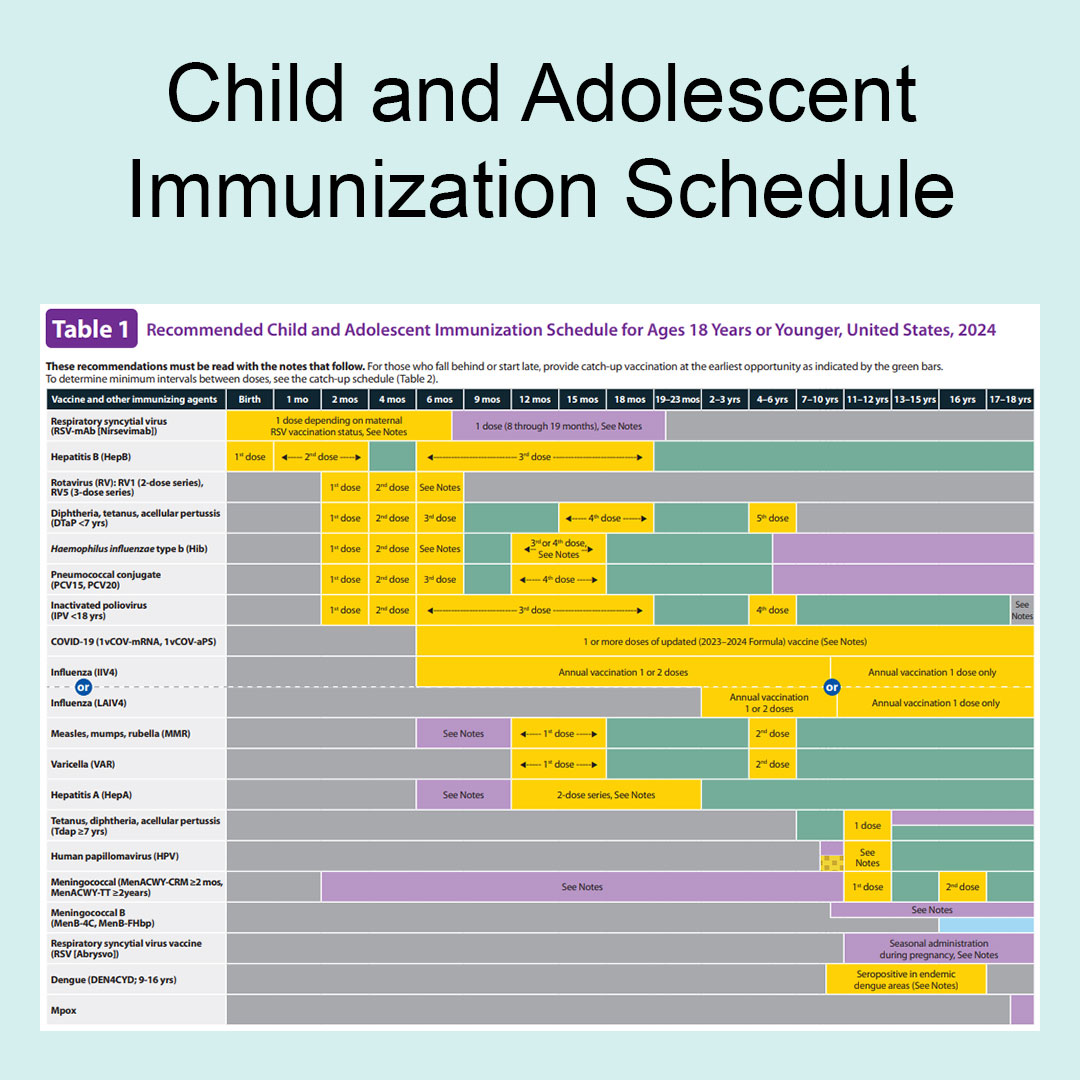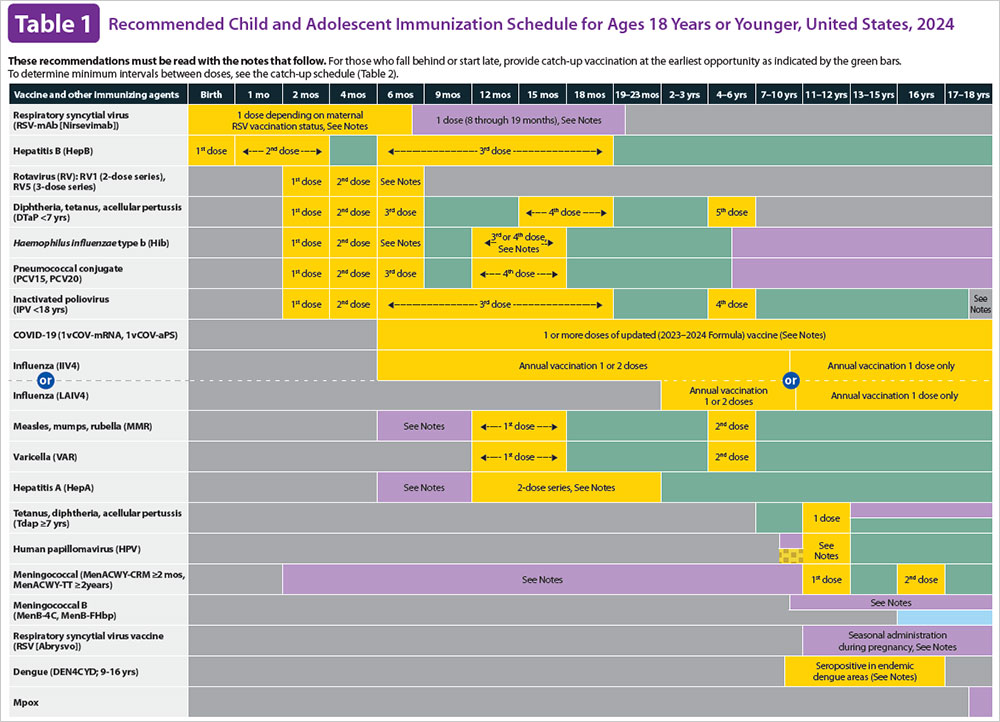Immunizations are a cornerstone of pediatric healthcare, providing a shield against preventable diseases and ensuring a robust foundation for a child’s well-being. Therefore, in this guide, we’ll explore the importance of immunizations for kids and their role in fostering a healthier future.

The Significance of Childhood Immunizations
Let’s begin by understanding why immunizations are crucial for the health of our children.
- Preventing Serious Illnesses:
- Immunizations protect children from potentially severe and life-threatening diseases such as measles, mumps, rubella, polio, and more. Hence, by receiving timely vaccinations, kids build immunity and reduce the risk of falling prey to these illnesses.
- Community Immunity (Herd Immunity):
- Vaccinations contribute to the concept of herd immunity, providing protection not only to the vaccinated child but also to those who cannot receive certain vaccines due to medical reasons. Thus, this collective defense helps prevent outbreaks within communities.
- Eradicating Diseases:
- Successful immunization programs have played a pivotal role in eradicating or significantly reducing the prevalence of certain diseases. For instance, smallpox has been completely eradicated, showcasing the transformative impact of vaccinations.
Understanding the Immunization Schedule
Now, let’s delve into the recommended immunization schedule for children.
- Birth to 2 Years:
- Vaccines such as hepatitis B, rotavirus, diphtheria, tetanus, and pertussis (DTaP), Haemophilus influenzae type b (Hib), and others are administered during this period to build early immunity.
- Ages 4 to 6:
- Booster doses and additional vaccines, including those for polio, measles, mumps, rubella (MMR), and varicella (chickenpox), are recommended to reinforce immunity and protect against new threats.
- Pre-Teen and Teen Years:
- Immunizations for older children include vaccines for meningitis, human papillomavirus (HPV), and a Tdap booster to maintain protection against tetanus, diphtheria, and pertussis.
Addressing Common Concerns
Despite the overwhelming evidence supporting immunizations, parents often have concerns that warrant careful consideration.
- Vaccine Safety:
- Extensive research and rigorous testing go into the development of vaccines. Authorities like the Centers for Disease Control and Prevention (CDC) closely monitor vaccine safety, and adverse reactions are extremely rare.
- Autism Myth Debunked:
- Numerous studies have debunked the misconception linking vaccines, particularly the MMR vaccine, to autism. The overwhelming scientific consensus supports the safety and effectiveness of vaccines.
- Mild Side Effects:
- Moreover, common side effects of vaccines are usually mild and temporary, such as redness at the injection site or a slight fever. Therefore, these minor inconveniences are outweighed by the immense benefits of immunization.
Access and Advocacy
Ensuring access to vaccinations and advocating for their importance are crucial steps in safeguarding our children’s health.
- Accessible Healthcare Services:
- Governments, healthcare providers, and communities must work together to ensure that vaccines are readily accessible to all children. This includes reaching remote areas, providing free or affordable vaccines, and eliminating barriers to vaccination.
- Community Education and Advocacy:
- Furthermore, raising awareness about the importance of immunizations is vital. Hence, community engagement, educational programs, and partnerships between healthcare providers and schools can contribute to increased vaccination rates.
Conclusion
In conclusion, in the ongoing quest for the well-being of our children, immunizations stand as a formidable defense against preventable diseases. By understanding their significance, adhering to the recommended schedule, addressing concerns, and advocating for accessible healthcare, we collectively contribute to building a healthier and safer future for the next generation.









